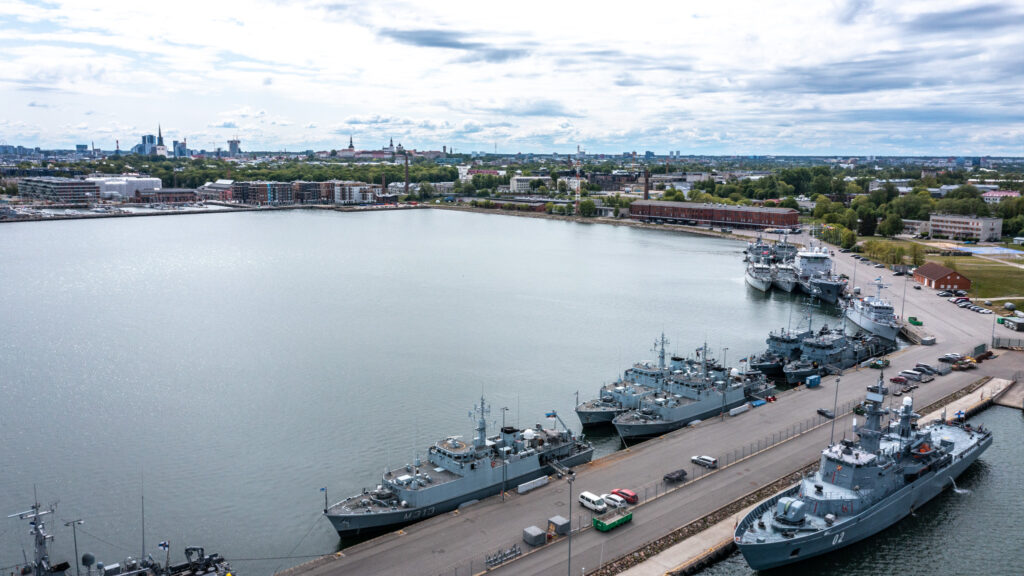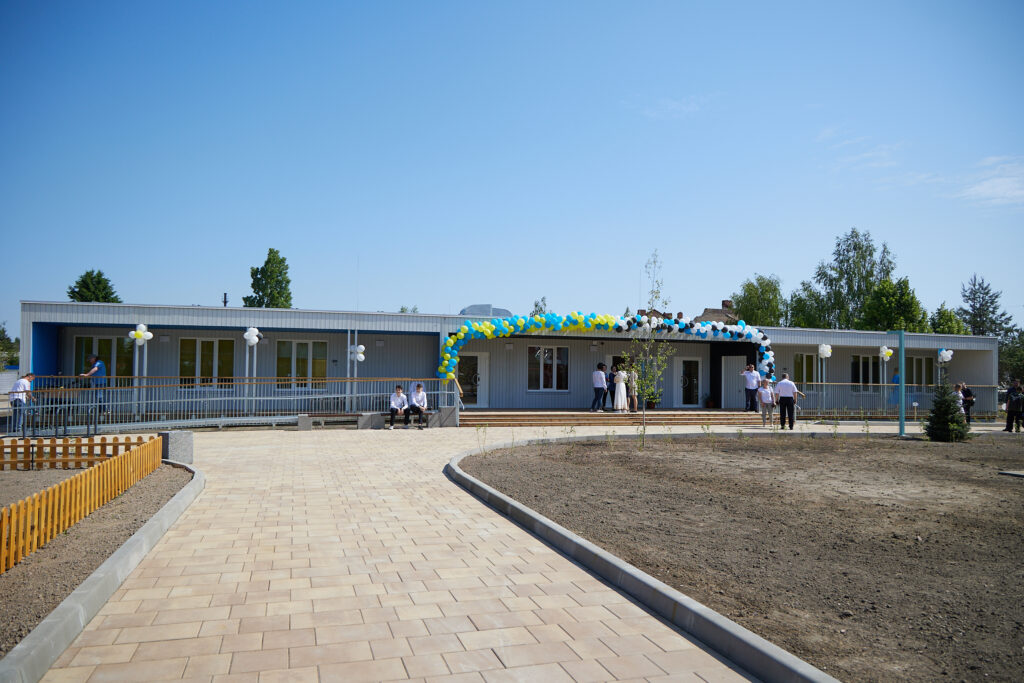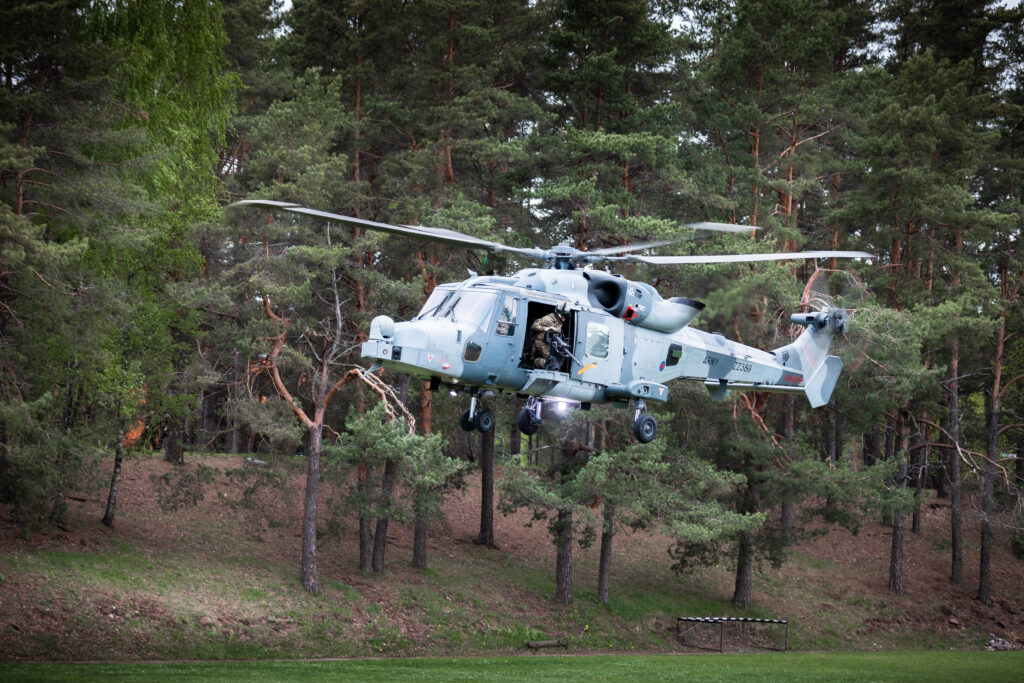The results of a survey conducted in December show no major changes from the previous survey conducted in September: people’s overall satisfaction with their lives has declined slightly, as has their support for changes in taxation, but Estonia’s membership of NATO and the country’s efforts to strengthen its defence capabilities continue to be considered important.
Overall, people’s sense of security has not changed: a total of 70% of the country’s residents (Estonians and people of other nationalities alike) feel safe living in Estonia, compared to 72% in September. People of other nationalities are more likely than Estonians to believe that Estonia as a state can feel safe – 60% compared with 50%.
NATO membership is supported by 77% of the population, compared to 79% in September. Support for the country’s membership of the alliance remains stable among Estonians: the 92% who supported it in December is within the range of 91-94% recorded in recent years. Support for NATO membership among people of other nationalities rose with the outbreak of the war in Ukraine, peaking at 53% in September. This figure fell slightly to 48% in December.

Overall life satisfaction fell from 71% in September to 65% in December. People’s sense of financial security also fell: 54% of Estonians felt financially insecure (compared with 42% in September), while insecurity among people of other nationalities rose from 55% to 67% between the two surveys.
Fewer people think tax changes are needed
Trust in the government, parliament and the president remained more or less the same in December as in September: 37% (down from 39%), 35% (up from 32%) and 72% (up from 69%) respectively. There has been a slight decline in trust in local government: in May, when this indicator was last measured, 72% of respondents said they trusted their local government, but this figure fell to 65% in December.
While 50% of the population felt that changes in taxation were necessary in May, only 43% felt this way in September and 39% in December. People of other nationalities are much more negative than Estonians when it comes to tax changes: 74% think the changes are unnecessary, compared to 49% of Estonians. People aged 35-49, those living in the north-east of Estonia and those facing financial difficulties are more negative than average.

Attitudes towards the transition to Estonian-language education remain positive: overall, 74% of all respondents in September and 75% in December felt that the transition would give all children in Estonia equal opportunities to receive a high-quality education in Estonian, regardless of their mother tongue.
However, there are significant differences between nationalities in this regard: 91% of Estonians agreed with the statement, while only 44% of other nationalities agreed and 52% disagreed.
Support for Ukrainian refugees remains high
Public support for accepting Ukrainian refugees remains more or less the same: 60% of all respondents were in favour in September and 63% in December. Support among Estonians rose slightly between September and December (from 66% to 72%) but remained more or less the same among other nationalities (46% in the previous survey compared with 45% in the latest one).
Overall, 61% of respondents support military aid to Ukraine, 74% support humanitarian aid and 60% support Estonia helping to rebuild the country once the war is over.

Russian hostilities in Ukraine are condemned by 84% of the population, while 4% support them and 12% do not have a clear position (no change compared to September). Again, there are differences along national lines: 96% of Estonians condemn Russia’s hostilities, compared with 60% of people of other nationalities, of whom 11% support the military action and 29% have no clear position.
The final public opinion monitoring survey for 2023 was conducted by Turu-uuringute AS on 6-12 December. A total of 1,252 Estonian residents aged 15 and over were interviewed either online or by phone.

